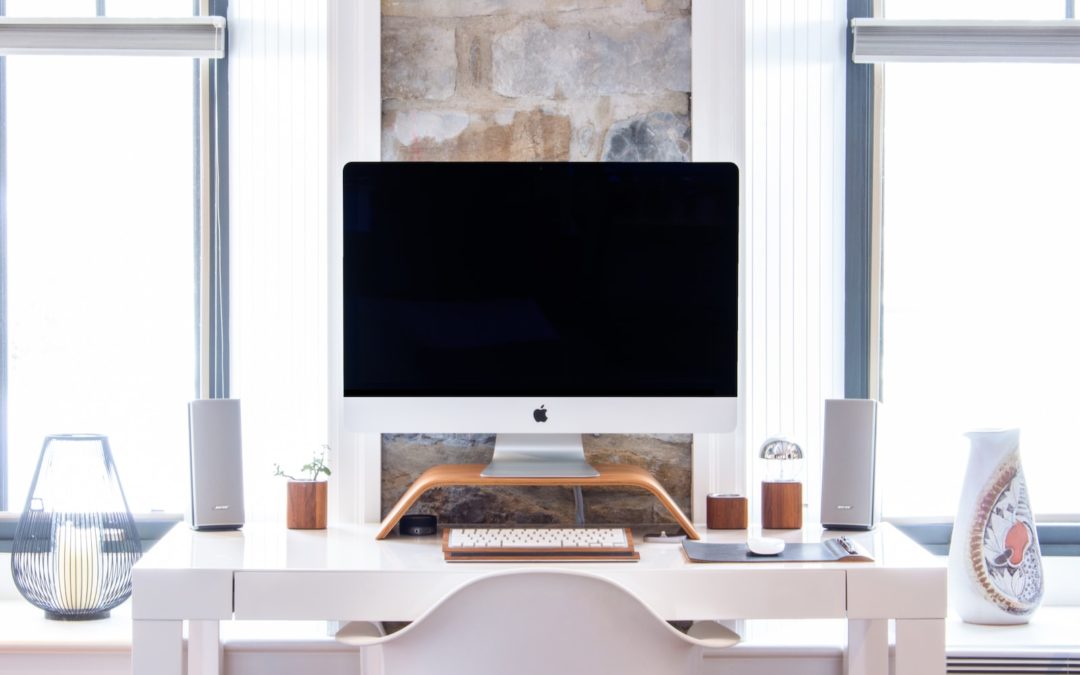
by admin | Feb 26, 2023 | Declutter
"One task at a time" might be considered a mantra of the declutter movement. Through simple steps and managing just one item, space or room at a time in your direction towards living with less clutter, you will get great results.
Acknowledge that things have their place in your space
Plates don't belong in the living room or bedroom. They live in the kitchen. Paperwork belongs in a file cabinet or household paperwork box in a specific area of the home, near to where you sit down to deal with bills, taxes and invoices or expenses.
Post goes in one place in the house, maybe just off the hallway or on a table in that same location once it has come into the house. When post has been opened the envelopes go into a recycling box, not tomorrow or the day after, but as soon as the post has been opened.
Clothes belong in the wardrobes and drawers that are designed to hold them. Once clothes have been washed and dried they go back into the storage drawers. If you live in a two level house, then things that are to go upstairs but which have found their way downstairs, get placed into a basket or bin at the foot of the stairs for moving upstairs by whoever goes upstairs next. This is a simple way of ensuring that things get back to their place in the house. Keep the Waste Bin to hand and use this for a regular scan of your surface areas at home. This can be the easiest way to ensure that things don't get misplaced, that clutter finds it difficult to accumulate because you are looking out for it.
Use your Diary and Calendar to keep Letting Go
Here I suggest you track and monitor your own time commitment to the process of watching what is accumulating and to ensuring things are moved-on to their new home, which is away from yours! You can set aside regular planned time to continue the forward progress. Start with once a week allocating a time slot where you can walk around your home and identify things which are not needed. This will not be about simply moving the toys which have ended up in the corridor back to the children's bedroom, or taking plates from the lounge back into the kitchen. These are normal every day activities as parting of everyone enjoying the home.
No, this new tracking activity is much more about watching what might be coming into the house as new and which is not as good as you thought it was when you bought it last month. Now you are catching it before it gets dumped in a cupboard and ignored or forgotten for years. This time you are spotting the problem early on, and ensuring the wasted item is gone for good to a place where it may be more appreciated or more relevant.
Notice your shopping habits
Another area where you will have massive impact on reducing the clutter is by becoming more aware of what makes the journey into your house. If it doesn't come in then it can't take up space in the first place! On your regular shopping trips into supermarkets, local independent and artisan stores, book shops and departments stores be mindful of what you see that you feel you want for the house. Of course, I am including food shopping here, but more than this I am thinking about the non-food objects such as lamps, cushions, books, fabrics, ornaments, pictures, electrical items and gadgets.
Any one of these can be appealing because they are attractive, or hi-tech, or we feel they are 'must have' items for the living room or bedroom, they are better than what you already have or they represent a prestige element or status symbol for you. Be careful. Ask yourself "How does this new item make a real difference to the quality of my life?" or "Can I have the benefits this item might bring to my home, but for less than the ticket price showing here?"
Consider your involvement with the goodwill and charity shops
Have you regularly donated your good quality items to a local store where they can resell or repurpose your donation? If not, then can you make this a more regular action for your family or household? This might mean that you now allocate a space in your home to where you store those things which you have already had good value from and which you are considering replacing. Whether this is in a cupboard or on a shelf in the garage doesn't matter. What is important is that each time you have enough things to fill a box then you get this down to the charity shop so they can sell it and collect the funds for their own good projects. Everyone at home can get involved with this for clean unwanted clothes, kids toys, books, household furniture and kitchen items.
Giving such things a second life can mean an enormous emotional benefit to the person who buys it from the store to make their own living pace better for them. Recycling things this way allows each item to have a second life and is better for you, your neighbourhood and for the planet we all live on.
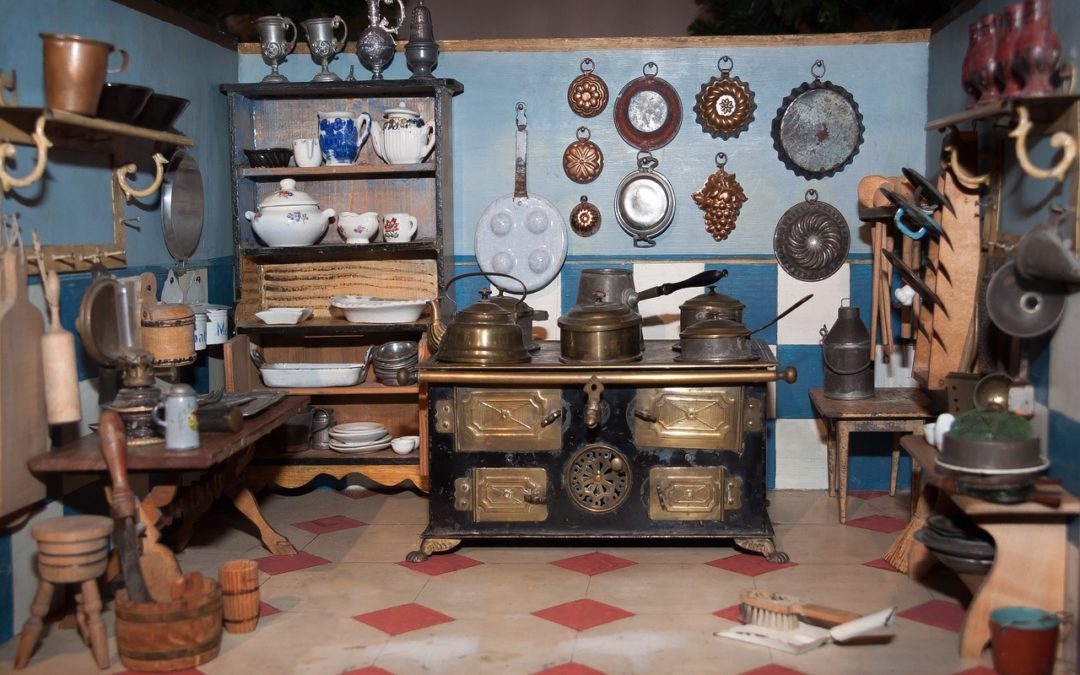
by admin | Feb 12, 2023 | Declutter
In looking at how we approach decluttering our homes and lives of too many possessions - especially those which get in the way of us being as free as possible to live the life which gives us greatest satisfaction - I have been looking at how our homes can become places that are not just about switching off and unwinding after work.
In a YouTube video about a young Australian writer, Michael Green, I was fascinated to see how he had worked together with his friends and housemates to create a place for him to write, away from the bustle of the house, but still so close to home that it overlooked their shared vegetable garden.
A point he made was that he wanted to look at how we often live in and occupy our homes as a place of relief from work, rather than something which is integrated deeply into our values and hopes and which serves as a reflection of who we are. By taking a badly used storage space which had been used as a dumping ground for broken furniture, old suitcases and abandoned junk and placing dedicated effort into it's simple transformation, he has created a room for calm and order. Utility and function has been reborn from recycled materials and given new purpose. He lived in a shared house and wanted to convert an old room in the yard cum garden to be of use as a writing space for himself. His commentary on the video made a strong impression and I watched it several times and then forgot about it.
Since wanting to look more closely at the theme of downsizing or making better use of our own space, I have reconnected with Michael and his inspiring video. He has reclaimed a small space, perhaps 9 feet long by 5 feet deep. At the back and sides it has brick walls that have been covered with a double layer of wood lath strips glued at right angles to each other. These have then been been lifted into place to cover the brick work and create an attractive and atmospheric soft brown wall.
The front of the shed space has been constructed of an old wood door with multiple glass panes, and a skirt to about four feet high. The remainder of the structure has two large multi-paned windows which can be opened up to let the air in and pegged on wood stilts, creating a real sense of openness to the writing space. By building this creative space as a part of his shared home environment and yet removed from his immediate living space, he has given himself permission to have it as a sanctuary where he can think, work, reflect and focus on his writing.
I have been deeply struck by the desire of indie thinkers to make more of their home space, to create something which mirrors their being driven by what matters to them. Whether it is people in the tiny-homes movement choosing to live with so much less than is conventionally accumulated within a house space, or by the minimalists who seek to only have with them those items which receive regular functional use, the whole approach to living with less has triggered something in me and which I can feel is altering how I look at the things which I keep close around me.
Should our homes be serving as an anaesthetic to the varied stress, boredom or pressure of different job roles which we take on?
We exchange money for our time and in order to show the purpose of our work we buy things to show that the trade-off has been worth the time spent. This leads to an amassing of belongings in our home spaces and means we spend more on possessions than we place into savings for our future years, when we will not be earning from work and yet expect to have long years in retirement.
Building some element of work function into your home with a space that allows you to operate a small business, a digital venture, a creative endeavour or a means of generating revenue with less stress than an employed income, this can only be a good thing.
Tiny homes and smaller spaces are a part of this drive toward finding form and function in a home and allowing you to look at living better with less. Using #tinyhomes will take you to YouTube videos, documentaries, blogs and online posts all about how you might combine your existing home with a side venture place within the home, or to looking at adapting the life you have now to a transition toward the space - both physical in a home place as well as emotional in a mental or productive work space.
Container homes, treehouse living and multi-occupied houses might seem extreme and not represent the place you want to move toward. Yet the ideas and the innovation that can come from looking at such communities and thoughts are indeed both helpful and inspirational.
We have reduced by a half the actual square foot area of our living accommodation with the move to our new home, and yet because we have let go of so much that was clutter, we feel better. Financially we are better off to the tune of more than half of what we previously spent on accommodation, utility bills and local authority taxes. We feel richer though from the process of combining more thoughtful living with better use of the space that we do occupy.
by admin | Feb 3, 2023 | Simple Self Help
Time to be honest with yourself. What do you know that you don't do well, do badly, or can't even do at all?
You can carry on the way you have been until now, getting stuck on your own failings, inadequacies and weaknesses, or you can choose to focus on the things you know you do well and either let go of or give away so many of the areas that are clearly not your strengths.
In your own journey there are so many things that you do with ease, with brilliance and with total energy and sometimes even with sophistication. But you have to draw the line somewhere and acknowledge that there are some things where you hold yourself back, derail yourself at crucial moments or even sabotage what could otherwise have been an enjoyable event or experience by choosing to think you can do better or know better.
Consider the possibility that you could simply stop doing some of the "stuff" that others could do better and in less time. Let go of the desire to think you have to be right all of the time or even most of the time, and allow yourself instead to be involved with the things and activities where you can make a valid and a useful contribution.
For me it was letting go of trying to be in morning meetings and recognizing that my body clock just could not do it. The freedom and exhilaration I experienced when I stopped booking morning appointments was great, not just because it took the pressure off me, but because it also allowed me to stop disappointing clients by turning up late or not even turning up at all!
For a colleague who lives locally, it was letting someone else deal with their post and email management, giving up the struggle with believing adamantly that he had to do it all himself.
For a neighbour with a retail store it was the issue of constantly comparing herself against another similar business in the next town, and wasting time unproductively in worrying about whether her own customers might go over to the other business. Instead she developed a focus on what was great about her own offerings and why clients should spend their time, energy and money in her business. The happier she was in her work environment the more obvious this was to her clients and they did more business with her.
What is it that you are trying to do, and what can you let go of?
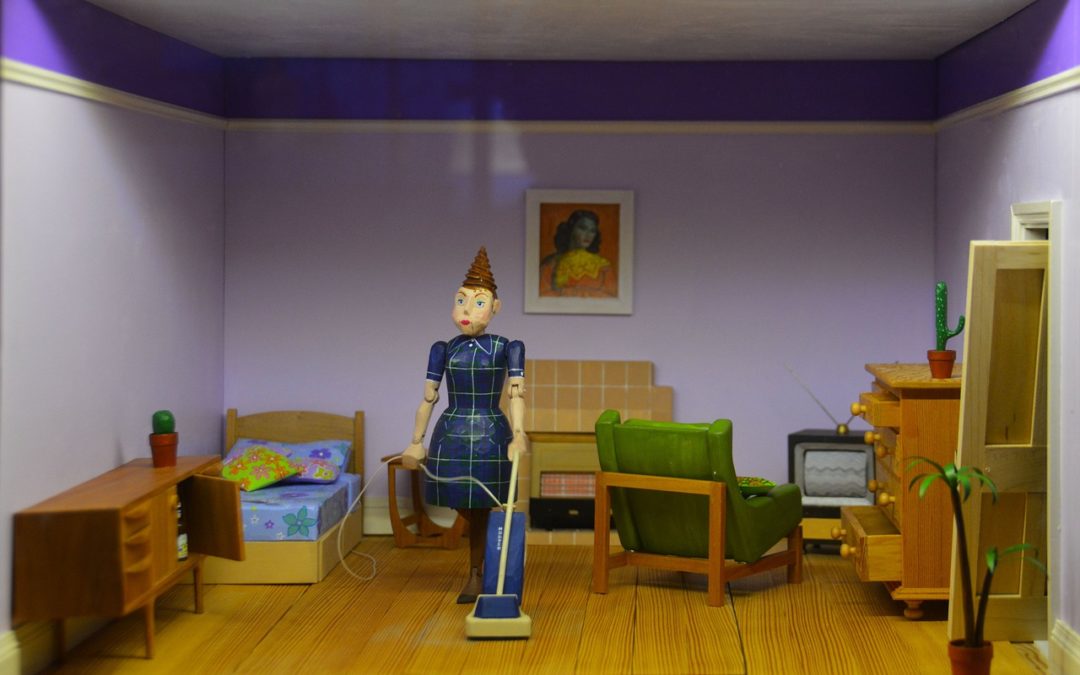
by admin | Jan 29, 2023 | Declutter
Frustrated by too many 'things' in our own home, I started to look at the themes of letting go, of discarding and living with less. The 'light switch' moment for me came when I was about to buy yet another book and realised the stupidity of doing so, and of how that moment started the conversation in my mind about doing the same or better with less possessions and better energy.
Let me tell you now about another trigger incident. This happened while searching online for people choosing to live fulfilling lives with less than they might have had before or for blog articles about frugal living and minimalism. Through such a search I found the perfectly named documentary "Minimalism" and sat down one evening to watch it. Produced by Matt D'Avella it explores the conversations and ideas discussed by friends Joshua Fields Millburn and Ryan Nicodemus.
In looking at this I felt as though I were discovering for myself a previously hinted at, but largely unknown, life space occupied by people who have turned their back on consumerism and instead questioned what they need to live well and to live happily. If Consumerism is the mass wave of being swept along in buying the latest iPhone, or fighting - sometimes literally - for the best deal at a store opening on Black Friday, then the opposite of this is making what you have last longer and being in a place where the same amount of money now buys you more of what you will appreciate and preserve.
I was struck by the stories of different people within the programme and how they had come to a decision based on the stress and fear they were experiencing in what they had previously deemed a normal life along with those of their friends. A broker who had trained and studied to achieve good major in Finance and Accounting at university to become a well paid young professiona, had worked for many years and given himself to his company. One December day he was told by his boss that he was going to be offered a partnership in the firm after Christmas. The man had received this news and then gone back into his office and started crying. His moment of clarity came from realising that if he accepted this promotion he would then be caught up in a place of never after being able to walk away from the trappings of the higher salary and options, of the politics and status of the role. That same evening he packed up his things from the office and left the building, committed to creating his own freedom by living a life that would be more meaningful to himself.
In another example from the "Minimalism" documentary, a lady was diagnosed with MS and faced the shock of this. Her energy levels were down and her ability was hampered by know being able to predict how she would feel from one day to the next. She identified that a lot of her stress was in the clutter she felt around her possessions and she considered how she might reduce the volume of 'stuff' in their home. Pulling out her favourite clothes first, she began to gift to throw away the items she was not using and didn't like. She identified 33 items of clothing that she kept and, as a trial with herself she began to mix and match those clothes for the next three months at work. No one at her workplace noticed she had massively reduced her wardrobe. Together with her husband, she continued with the experiment, letting go of so many of their non-essential items. They created new options for where they could live, her MS waned and became completely manageable.
Another character is a man in his twenties who has reduced his belongings to 51 items that he can pack into just two bags, a weekend shoulder bag and a laptop bag. The freedom of living with so much less, just these essentials, allows him to work from different places around the world as he chooses. This has been achieved by letting go of so much of the accumulated baggage which we surround ourselves with.
The minimalists are sharing a message that it is better to lead a life where you can rely on far less money because that money will go so much further when spent on items that are durable, and which of course you love and appreciate. When you can cut your cost of living, but still maintain or enhance that standard of living, you are in a good place. Decluttering and realising what you no longer need is a part of the process of becoming free and gaining greater happiness and contentment with your life.
If you were to be able to make a career change or move to an area that you would love to love in, and you could do this through adjusting your clutter level, where would you be going?
Having considered such a move, what do you think you can do in order to make this a reality?
What will you need to let go of in the process of getting ready for the change of circumstances?
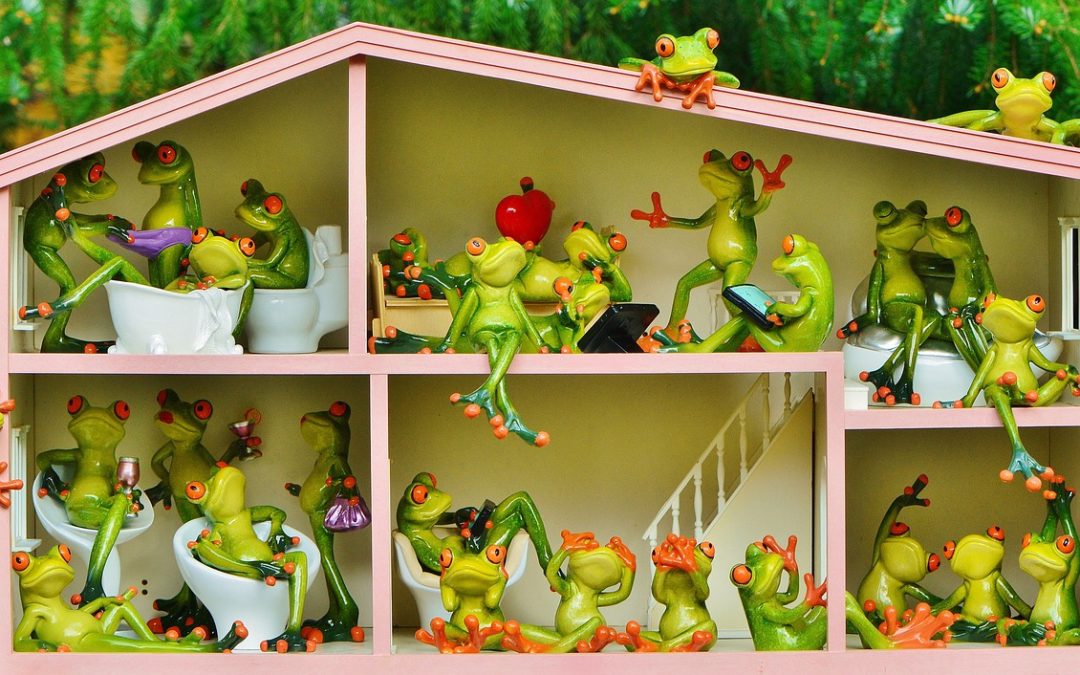
by admin | Jan 15, 2023 | Declutter
What do you do with the space and how do you use the rooms in your home? Are you living with clutter, or do you have just enough in each of the spaces that you live within? How well are you using your space at home?
For us the crunch point came when we looked at what we were paying to live in the house versus what pleasure we got from the amount we were paying. It seemed like most of what we paid for rent, light, heating was actually paying for the 60% or more of the possessions we had with us but which we never used. This started us off on a path to finding a new house with the same number of rooms but less space, a better garden outside and the shedding of our possessions in order to make the move to the new home that was a better match to our plans. We could buy a home for less than we had been paying in rent, and provided we worked out a plan to let go of some of our clutter, could be comfortable and enjoy life in the new place at a lesser cost than before.
The 'Tiny Home' movement has triggered great interest for the idea that you can live in a space which is enjoyable because it is so functional, forcing you to look at what space is necessary to enjoy a fulfilling home life. Log onto any channel and search for shows that illustrate how someone has created a fixed tiny home or a mobile and towable tiny home built and deigned to their own personal perspective on what constitutes good living on a defined budget and within set guidelines for usage of space. In one show I found an architect who designs tiny homes for his clients. He personally chooses to live in an live in an off grid trailer unit that can be towed by a vehicle to an alternative site when he chooses. It has a double bed, kitchen, fold down dining table, wifi, solar panels on the roof, a shower room and toilet, shelves for his favourite books. It has good headroom and eaves storage. He can hook up the tiny home and move it across the city or he can take it across the country. He has his home in one space that gives him the essentials of what he needs to live well.
A tiny home may not be what you need, but understanding the idea that you are free to live where you want with what you choose, this is liberating and will encourage you to find new solutions to the space you live with. The family homes we buy and rent these days are significantly larger than the same family focussed houses that were being built and sold forty or more years ago. We are demanding more space and more facilities in buildings that we make proportionately less use of than our parents and grandparents.
Garages are used primarily for storage of clutter rather than for the storage of a vehicle. Rarely are they spaces where we keep our workshop and tool collection. Instead we use such skills less and pay other people to do the repair work for us. The lack of knowledge over how to maintain a house comes at a financial cost. There has been a vast growth in self-store facilities where people pay to have someone else to store their sealed boxes. Often times there is a correlation between people deciding to stop paying for long-term storage and their realisation upon collecting the boxes of items, that the things they have stored were not worth the money spent for that same storage hire.
The mortgage industry and the real estate industry work closely to continue their lending and construction. Rather than buy the home space we need and which is enough for us, the mortgage process is focussed on "How much can I borrow, and what can I get for the deposit monies I have raised?" The construction company or home developer wants to sell you the largest feasible unit, which serves to lift the profit per property that they offer to the market. This is a far cry from the common sense approach that says "What space will suit us to live comfortably and without financial burden or pressure?" The second way of looking at buying a home still allows us to pay down the loan as fast as possible in order to be without debt in those later years when our earning ability is reduced.
It is better and less stressful to lead a life where you can rely on far less money because that money will go so much further when spent on items that are durable, and which of course you love and appreciate. When your cost of living drops but you maintain or enhance that standard of living, you are in a good place. Decluttering and realising what you no longer need is a part of the process of becoming free and gaining greater happiness and contentment with your life.

by admin | Jan 6, 2023 | Simple Self Help
Having been a salesperson for years I learned early on that if people don't buy from me there is another person waiting for my call. I used to have a terrible time in sales and life success until I realised this point.
In my first weeks out of university, knowing that I wanted to be around people and liked the principle of selling, I managed to get myself an interview with an office equipment company. I passed this and ended up being out on the road with my company car and sample machines. I felt physically ill sometimes trying to book appointments and then trying to sell a machine once I was in the appointment. However, once I could separate the fear of rejection from the process of selling, life and my work became a lot simpler.
One of the reasons it became simpler, was that I realized that selling office products was not what I wanted to do, and I found other products and offerings I felt a better connection to. The other reason - and the one that was the most important in terms of feeling good about myself - is that I grasped the concept that it was a numbers game as well as being about relationships. By putting more effort into learning better skills with people, as well as stepping away from situations that were unprofessional, I began to enjoy the selling industry. I also started to get better results because I was focusing more on what the prospects wanted than on what I had done before, which was to make them want my product.
Often they were as keen to find someone to listen to them and to be able to hear the problems they were facing. If I had a solution for their issues, even better! Where there was simply no common ground between us, no mutual reason for being in contact with each other, then as soon as I let go of the need to feel liked or appreciated, the pain was gone. Either there was a working opportunity to do some thing or there was not, and no amount of being nice or wanting to be liked would make any difference at all.
This is true for life principles in that regardless of whether you are suggesting an opportunity, building a friendship, developing a network, or simply getting through your day, you are bound to be in contact with people you just cannot relate to. The fact that they feel the same is nothing to be concerned about.
Just find someone who either likes you and what you have to offer, or someone who just likes the offer because it is what they need and have been looking for. Either way you win. Both of you.

by admin | Jan 1, 2023 | Declutter
In exploring our own situation of a house filled with 'stuff' and all the emotional issues I felt around these possessions I started to look at the themes of letting go, of discarding and living with less. You have read about the 'light switch' moment when I was about to buy yet another book and realised the stupidity of doing so, and of how that moment started the conversation in my mind about doing the same or better with less possessions and better energy. Let me tell you now about another trigger for me.
I searched online for people choosing to live fulfilling lives with less than they might have had before or for blog articles about frugal living and minimalism. Through such a search I found the documentary called "Minimalism" and sat one evening to watch it. Produced by Matt D'Avella it explores the conversations and ideas discussed by friends Joshua Fields Millburn and Ryan Nicodemus. In looking at this I felt as though I were discovering for myself a previously hinted at, but largely unknown, life space occupied by people who have turned their back on consumerism and instead questioned what they need to live well and to live happily. If Consumerism is the mass wave of being swept along in buying the latest cellphone, or fighting - sometimes literally - for the best deal at a store opening on Black Friday, then the opposite of this is making what you have last longer and being in a place where the same amount of money now buys you more of what you will appreciate and preserve.
In one example from the "Minimalism" documentary an architect who designs tiny homes talks about his lifestyle, the choices he has made and the freedom he considers he has from living with less. He lives in an off grid trailer unit that can be towed by a vehicle to an alternative site when he chooses. It has a double bed, kitchen, fold down dining table, wifi, solar panels on the roof, a shower room and toilet, shelves for his favourite books. It has good headroom and eaves storage as well. He can hook up the tiny home and move it across the city or he can take it across the country. He has his home in one space that gives him the essentials of what he needs to live well.
Within the same programme is an interview with a man in his twenties who has reduced his belongings to 51 items that he can pack into just two bags, a weekend shoulder bag and a laptop bag. With just these items he lives a very flexible life, able to work from different places around the world as he chooses, precisely because he doesn't have the baggage that we surround ourselves with in everyday life. He doesn't have the burden of living in one place, can earn money and pay rent where he chooses, visit fiends nationally or globally and still maintain what - for him - is a lifestyle he can enjoy.
We are demanding more space and more facilities in buildings that we make proportionately less use of than our parents and grandparents. Garages are used primarily for storage of clutter rather than for the storage of a vehicle. Rarely are they spaces where we keep our workshop and tool collection. Instead we use such skills less and pay other people to do the repair work for us. The lack of knowledge over how to maintain a house comes at a financial cost. There has been a vast growth in self-store facilities where people pay to have someone else to store their sealed boxes. Often times there is a correlation between people deciding to stop paying for long-term storage and their realisation upon collecting the boxes of items, that the things they have stored were not worth the money spent for that same storage hire.
I went through much the same thing when, for a two year period following my divorce, I placed a lot of things in the local self-storage depot. The storage cost was nearly a thousand dollars. When I finally collected the items I had been storing I threw away almost 90% of them. The whole exercise had been a knee-jerk reaction to moving from a large family house to a small space just for my own use and I had not thought it through. It would have been more cost effective to give away what was predominantly clutter, instead of paying a company to place it in a locker unit for me!
The access to cheaper materials and fabrics from the developing world, and the low cost of labour in such producing marketplaces, has allowed us to see disposable or low wear clothing as more affordable than nutritious food. The cost to the planet of the energy required for the creation and global distribution of this level of production has massive consequences. The minimalists are sharing a message that it is better to lead a life where you can rely on far less money because that money will go so much further when spent on items that are durable, and which of course you love and appreciate. When you cost of living drops, but you are able to maintain or enhance that standard of living, you are in a good place. Declutter and realise what you no longer need. This is the way you become free and gain greater happiness and contentment with your life.
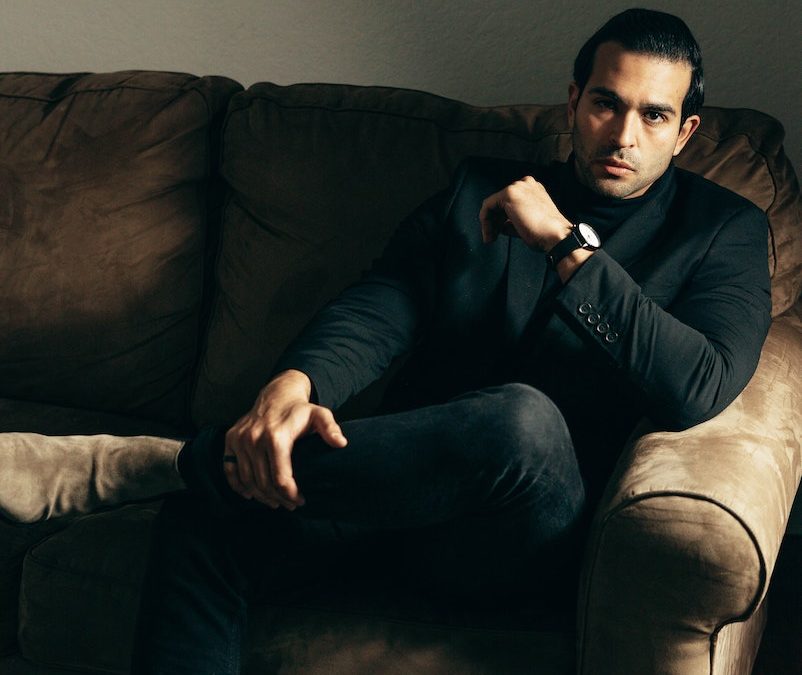
by admin | Dec 28, 2022 | Simple Self Help
My late friend Ray Harris of New Orleans has often spoken with me about the importance of role models in his early life when he was growing up. At different times in these critical years people appeared in his life at just the time that he required help and support. When he was in school a particular teacher took Ray under his wing and introduced him to the joy of reading and the magic of words. Slowly but surely Ray saw his ability with words grow to match his hunger for the books that were placed in front of him.
When he left school and was getting work experience the right employer turned up at the right moment to give him an insight into what an experience of benevolent and caring employment should look and feel like.
As he entered the world of work and adult responsibility yet another man came forward to provide Ray with a model of decent, ethical behavior and of a value system he could adopt with confidence and surety.
Life is difficult and confusing enough as it is. If there is scope for lifting the load for someone you work with or cross paths with - and you are willing to do so - then pick up the gauntlet and rise to the challenge. Offer a hand up (as opposed to the charitable hand out) to an individual who strikes you as able to benefit from or appreciate the additional input you can give.
Ray has always taken the view that he was blessed with the support he received from outside his family and this lead him into an active participation in "Each One Help One", an organization dedicated to matching Mentors with those requiring that little bit of extra help.
Regardless of your age, experiences, work history or appetite for life there is someone out there who is absolutely ready for the input, guidance and contribution you can provide. Listen out for someone needing your help. Be open to invites for help or listening, for the sharing of simple guidance and suggestion.
Make yourself available and you will make a huge difference. Until you make the first step toward a mentoring organisation they will not know that you are there with the requisite strengths that are needed by someone they represent.
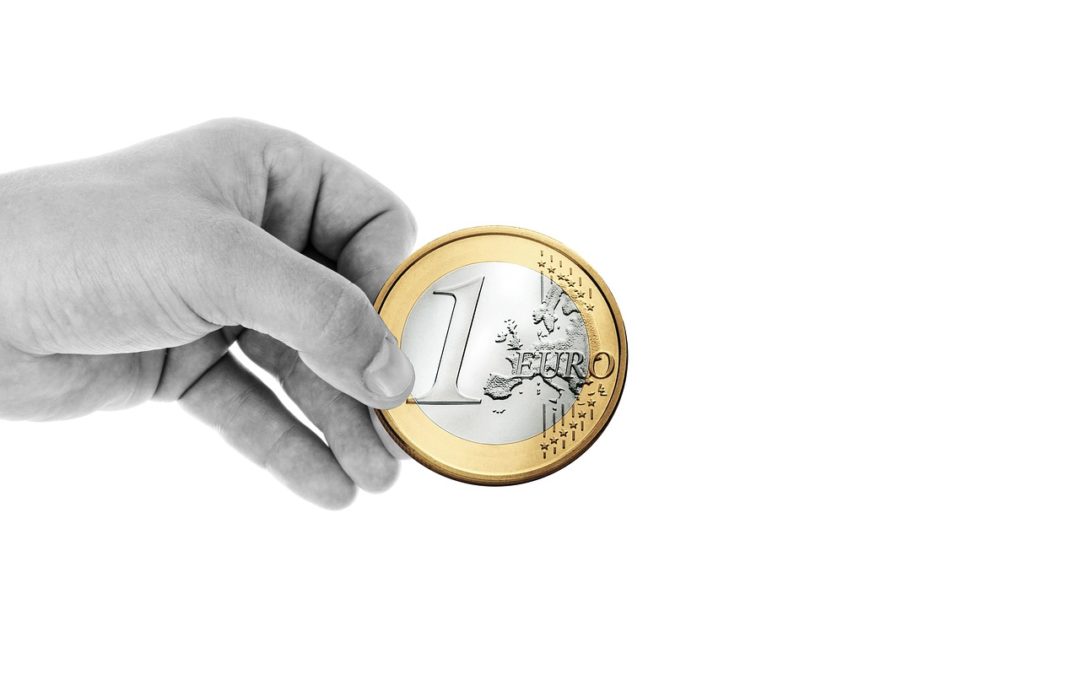
by admin | Dec 18, 2022 | Declutter
While exploring our own situation of a house filled with 'stuff' and all the emotional issues I felt around these possessions, I started to look at the themes of letting go, of discarding and living with less. I had my own 'light switch' moment when I was about to buy yet another book and realised the stupidity of doing so. I had already had shelves piled high with books, so why bother with another that would take up space, cost money to buy and then gather dust? That moment started the conversation in my mind about doing the same or better with less possessions and better energy.
When you look at you own home space, how much of the things in the building do you actually need? What proportion of your home space would you need if you just kept what you love and use each day?
If Consumerism is the mass wave of being swept along in buying the latest cellphone, family vehicle, or fighting - sometimes literally - for the best deal at a store opening on Black Friday, then the opposite of this is making what you have last longer and being in a place where the same amount of money now buys you more of what you will appreciate and preserve.
In looking at what we need to live with in our own space we have begun conversations with new friends and people who have made a decision to be in a different and better place. A lady in our town runs a beauty store on the high street. when she finishes work each day she gets in her car and drives five miles or ten miles to wherever her floating home is moored up. Five years ago she and her husband sold their house and split their money between long term savings and a previously owned narrowboat. Moving from a three bedroom house to a boat that is really just a thirty foot long corridor has completely changed their approach to possessions and what is needed. "We each have plenty of clothes. Our boat has a galley kitchen, a combination washer dryer machine for clothes, and a dining table that folds away when not used. We have our own bedroom with a conventional bed and two fold away camp cots for when friends stay. We have a wood burning stove that heats the whole boat for little cost. We have a shower instead of a bath, lots of shelves along the length of the boat for books, ornaments and general storage. We have potted plants and shrubs on the roof along with bicycles and firewood, with sitting out areas to the the front and rear of our boat. All of the stress of buying and paying for the extra 'stuff' of living in a house, all of that pressure and worry has gone."
In an example from a helpful and inspiring online documentary called "Minimalism" I watched a man in his twenties talk about how he has reduced his belongings to 51 items that he can pack into just two bags, a weekend shoulder bag and a laptop bag. With just these items he lives a very flexible life, able to work from different places around the world as he chooses, precisely because he doesn't have the baggage that we surround ourselves with in everyday life.
The canal boat and the youngster with 51 items might seem extreme but they are real examples of how people have decided to do just as well with less belongings, wanting to lead lives that are meaningful to them without the conventional approach to the debt associated with possessions and home spaces.
We are demanding more space and more facilities in buildings that we make proportionately less use of than our parents and grandparents. Garages are used primarily for storage of clutter rather than for a vehicle. Rarely are they spaces where we keep our workshop and tool collection. Instead we use such skills less and pay other people to do the repair work for us. The lack of knowledge over how to maintain a house comes at a financial cost.
You can lead a life where you can rely on far less money because that money will go so much further when spent on items that are durable, and which of course you love and appreciate. When you cost of living drops but you maintain or enhance that standard of living, you are in a good place. Decluttering and realising what you no longer need is a part of the process of becoming free and gaining greater happiness and contentment with your life. Without all the belongings that surround you, how might your life look different?
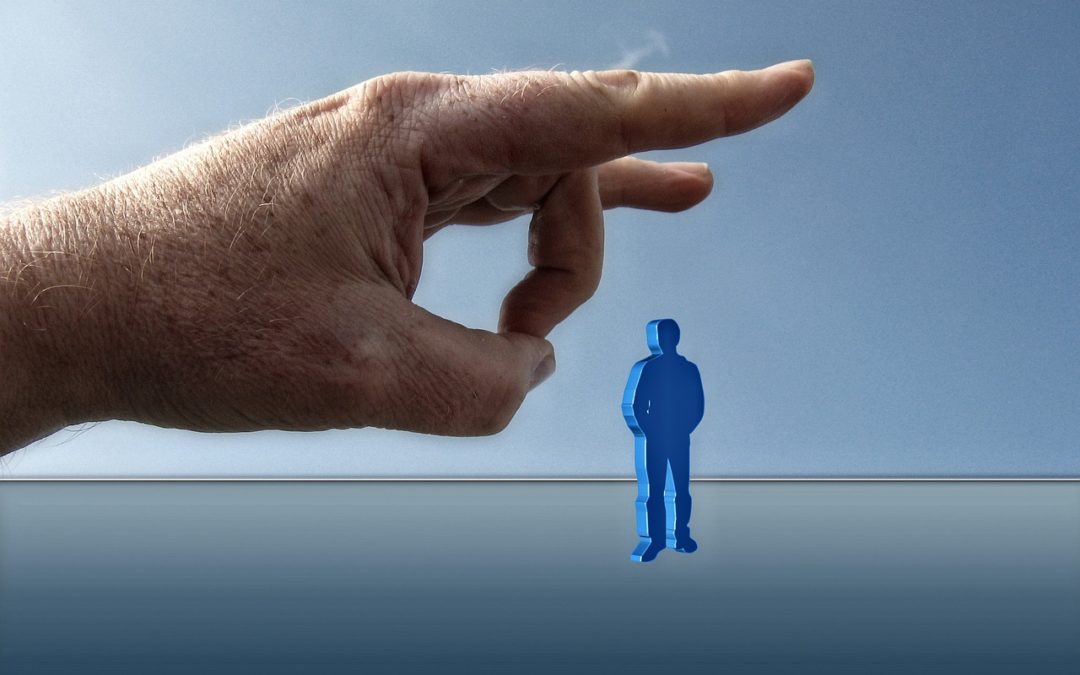
by admin | Dec 4, 2022 | Declutter
Clutter is not just about possessions in your house that you no longer use. People who are a negative influence in your life and on how you feel, these too need your focus in order to reduce the amount of time you spend with them.
Since I write about the energy in your home that is generated by objects, possessions and your art, it shouldn't come as a surprise that difficult or toxic people should be treated just like any other negative influence. Toxic people are thankfully a minority, but the strength of their effect upon is can be devastating.
In truth it is common for us to go through the letting go process of discarding items from our lives and to find ourselves thinking about some of the relationships that are similarly heavy, unpleasant or even painful. These need to be dealt with for the same reasons that old, damaged or ugly possessions need to be released from our lives. Difficult people also cause unhappiness, foster discontent or actually contribute to us being unhappy or unfulfilled.
A good and healthy friendship uplifts and supports us. In contrast to this a toxic person will bring poison into the relationship, causing fear, worry or concern. Feuds, fights and arguments are not the characteristics of friendship, but of a strained and difficult relationship that you don't need. There is no need for you to put up with such a person or to have them in your life. There can be moments in any friendship where there will be times of absence or events that prevent us from being together, but the general energy is of help, care and nurturing. Be clear with yourself about any 'friendship' that is less than this to you.
Be clear in asking yourself questions like these:
- What does a good friendship look like?
- What value does this person bring into my life?
- How do they contribute to our relationship?
- How do I feel when I am around them?
Letting go of a relationship or friendship that is not supporting you in being 'Your Best You' is something you need to do in order to live an optimal life, to reduce the distraction of your focus from what matters, but also to stop the drain of your energies. Saying it is one thing though, and actually doing it, making the separation is another thing completely!
See your good relationships as the benchmark.
Consider why these work, what is good about them, and why there is a natural lightness and ease to the way they are. Seeing the positive ones this way, with an intentional focus, allows you to compare them with the more difficult, awkward and difficult relationships. Look at the amount of your free time you are spending in these good and positive relationships, versus the time you allow to be lost in the ones which bring you no benefit or which actually cause you to feel pain or hurt.
Don't wait for "Sorry"
When a friend has caused you to feel upset, distressed or to feel ignored, don't be the person waiting for an apology. It may never come. Oftentimes the toxic person won't even be aware of the damage they have done to you with their selfish behaviour or sharp words. It seems to be the natural way of things that such people can have low levels of self-awareness. Let go of them and move forward.
Ask for help
In letting go of the bad ask for help from those friends who can appreciate and understand what you have been going through. You have to let them know what you have been struggling with in that other relationship, and the chances are quite high that they have been aware of the situation and waiting on the sidelines to be given permission to step in and help you make some changes.
Let yourself feel the sadness
Endings can be difficult and they can be sad. Allow yourself to mourn for the low quality relationship that is ending, if this is what you want to do. Close it down, and let it leave your life. Acknowledge that it did once work well and gave you something you might have needed or wanted at a different time when you were not the person you have since become.
Spend less time in that friendship
Decline an invite. Leave a gathering earlier than normal. Decline an invite. Just because your cell phone rings, do you have to answer it? Let their call go to voicemail. Perhaps reply the next day or not at all. Don't respond to a text message or a voicemail. Let it go. Be less available than you were before. Broaden the time gap of responding to their contact, until one day you don't reply at all.
Journal and reflect on the separation
A relationship is about what is shared between the two people. Can you select on what you received and gave in this friendship? Was there imbalance, humour, kindness, fun? The lessons you take from this can be used to help you move forward. Journal as you go through your recollection of the time with this person. Resolve to let go and move on. You have a good life to live.








